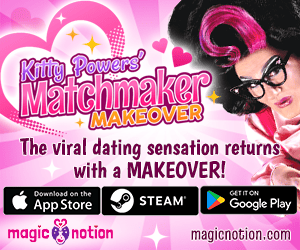
Spotlight Interview: Sergio Kossio
Sergio Kossio hails from Sonora, México and is the Technical Director at MidBoss, the indie studio and publisher behind such games as Read Only Memories: 2064, Read Only Memories: NEURODIVER and Kitsune Tails.
Kossio is a proud LGBTQ Mexican who embraces his intersectionality working in the games industry, striving to increase representation of aspects of their identity.
As we’re in Hispanic Heritage Month, I wanted to talk to him about his journey into the industry, the work he’s doing and his advice for aspiring intersectional game devs.
Robin: Hey Kossio, thanks for joining me. How long have you worked in the games industry?
Kossio: This summer marks my 10th year anniversary of joining the industry professionally, which is wild to me, time flies.
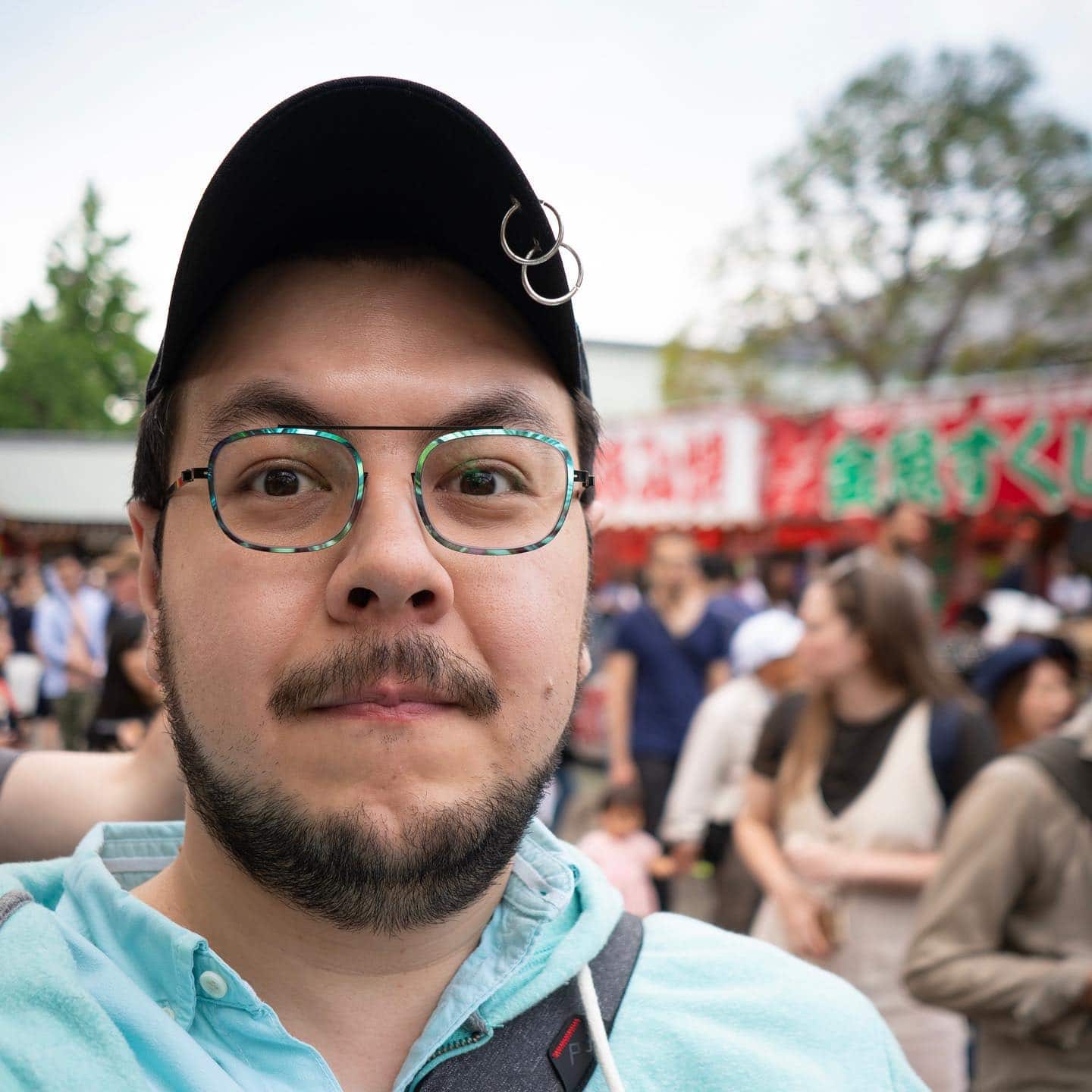
How did you start out?
I joined MidBoss originally to help with design and web stuff for GaymerX, the gayming convention we used to run, and at some point was asked if I wanted to help QA the game they were working on, Read Only Memories. I found the project really interesting and fun and started helping with other development tasks, eventually handling most of the game scene scripting and moving to programming later on.
How long have you been in your current position?
I want to say around 8 or 9 years? I think I joined in a very casual manner so there’s no exact date, but as time passed and the team evolved I started to get more responsibilities, and eventually I was handling a lot of the tech stuff.
What is it that drew you to your current role?
I like making and working on all kinds of things, and despite usually focusing on the tech side of things, I still get to touch and work on a lot of different areas and projects. My day-to-day agenda changes, I could be working on games, or designing a logo, or editing a video… it’s really varied.
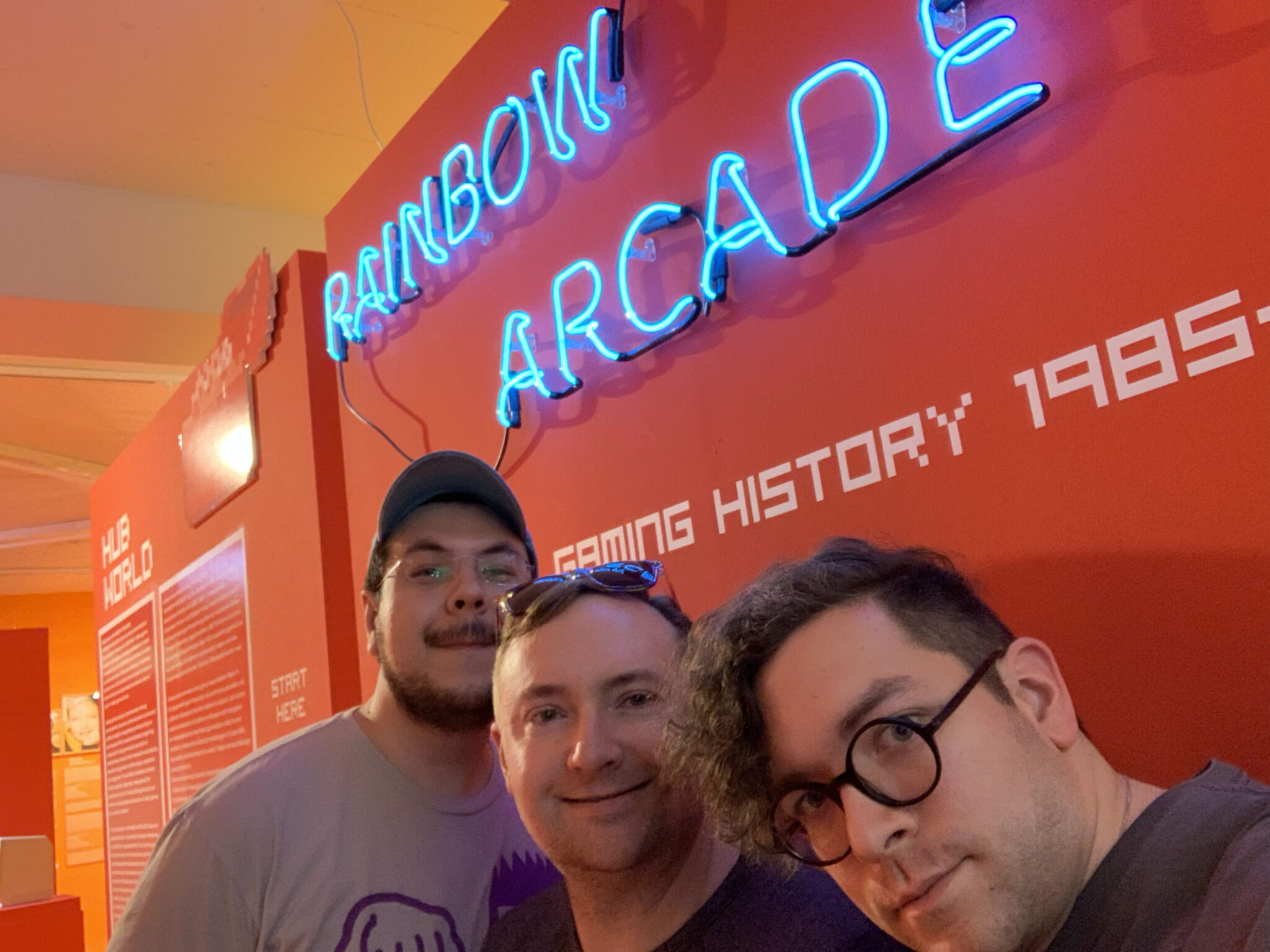
What are you most proud of from your work to date?
I’m very proud of the work we did for Read Only Memories: NEURODIVER, I think we managed to do something very special, interesting and fun. Everyone in the team did such an amazing job and I feel very fortunate to have been part of it.
Have you always been openly LGBTQ in the industry?
Yes… Sort of? It was more like I was just beginning to understand and explore my gender and sexuality more around the time I joined the industry. It has actually helped me a lot.
How have you found being LGBTQ in the video games industry?
It probably depends on the part of the industry. For me personally it’s been very welcoming and accepting, especially the industry’s indie scene. It’s full of people and cultures from all over the world, so it really embraces and encourages its diversity, including queerness.
We’re in Hispanic Heritage Month, how much of your heritage have you been able to bring into games making?
Not a lot for our first game, 2064 was already half-way through development by the time I joined, but for the sequel, NEURODIVER, I pushed to include more of our heritage and culture during our early development discussions. The team was really supportive and embraced it, and the game ended up featuring several Latinx characters in the main cast.
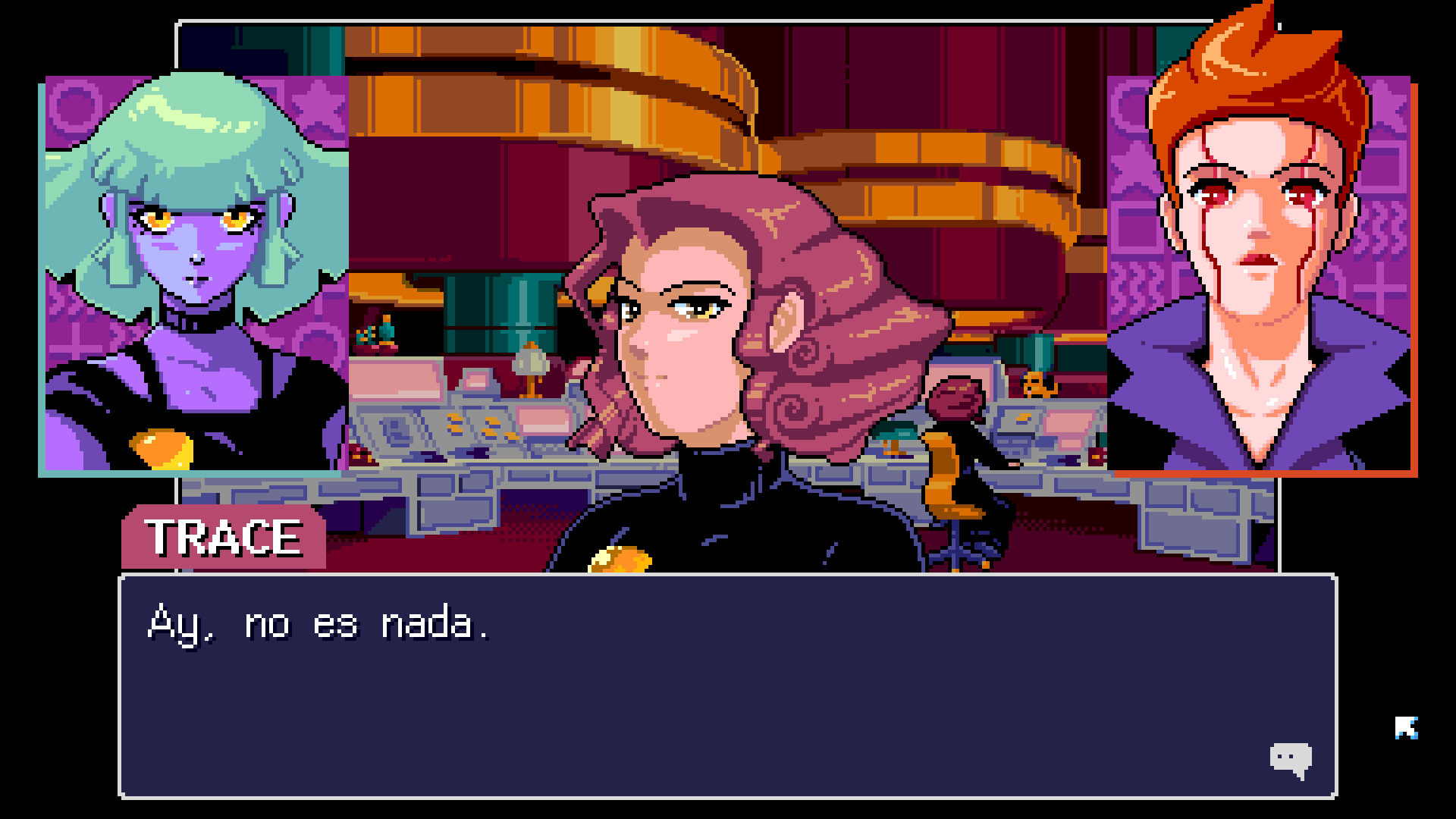
What barriers are there to Hispanic and Latinx game makers that people might not realize?
I live and work remotely from México and the industry here is spectacularly small, at least compared to other places, so it makes lots of things in game development a lot harder.
How can the industry better support intersectional people like yourself that potentially face multiple challenges?
Embrace, support and promote our diversity and cultures. It makes for incredibly more interesting and fun games.
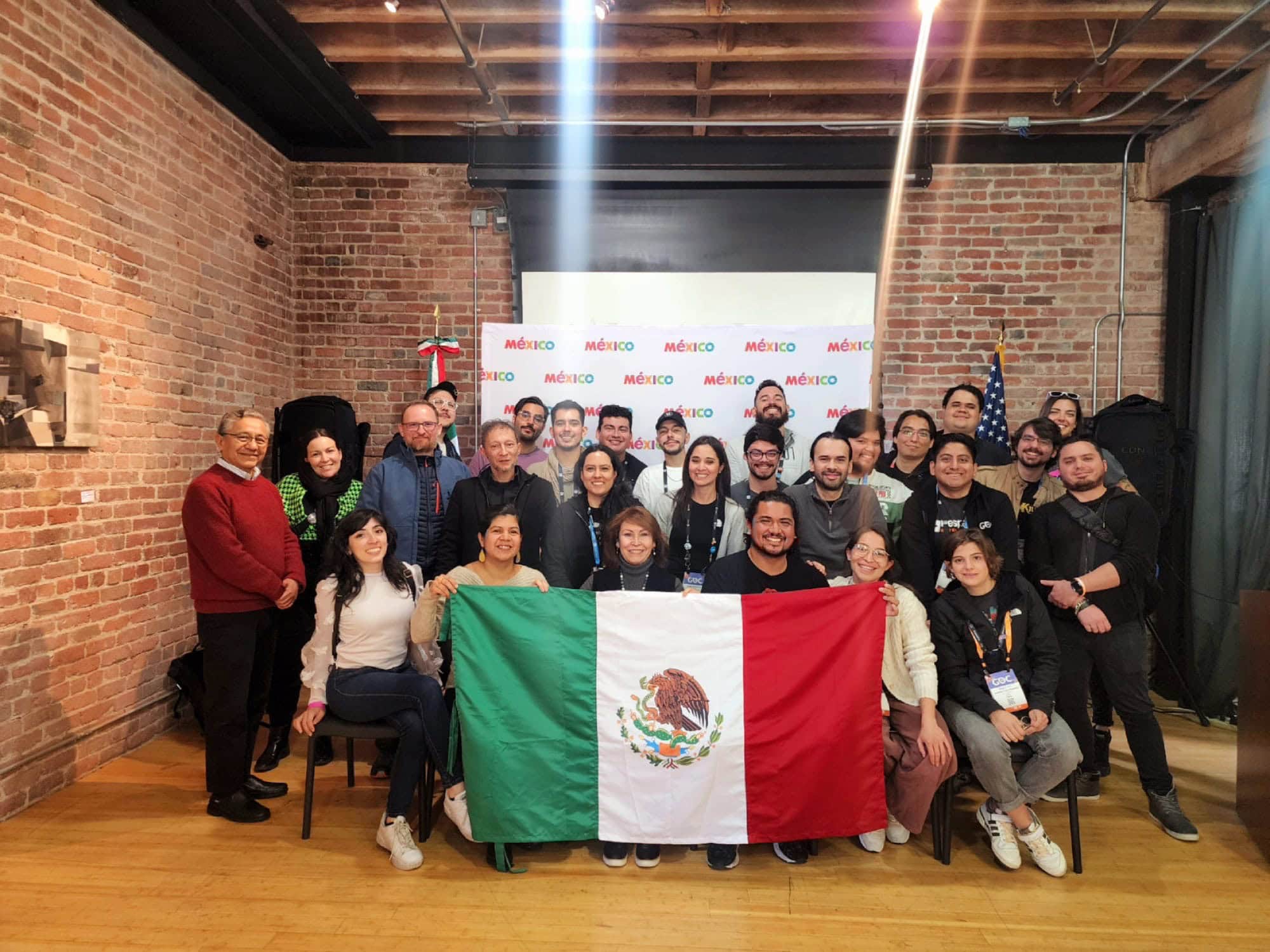
What would be your advice to any LGBTQ and/or Latinx young people looking to get into the games industry?
Don’t give up, keep making stuff, embrace your heritage, embrace your queerness!
Finally, what does the future hold for you?
We’ve got some exciting projects on the go, so please keep a look out for them!

